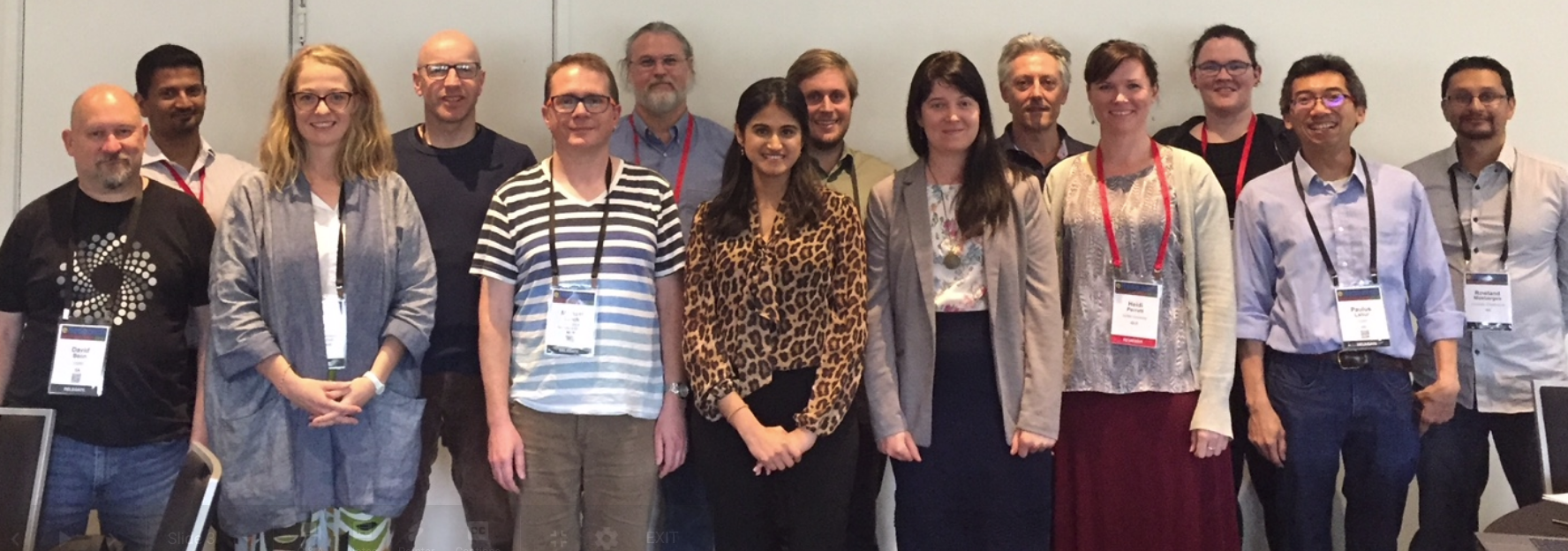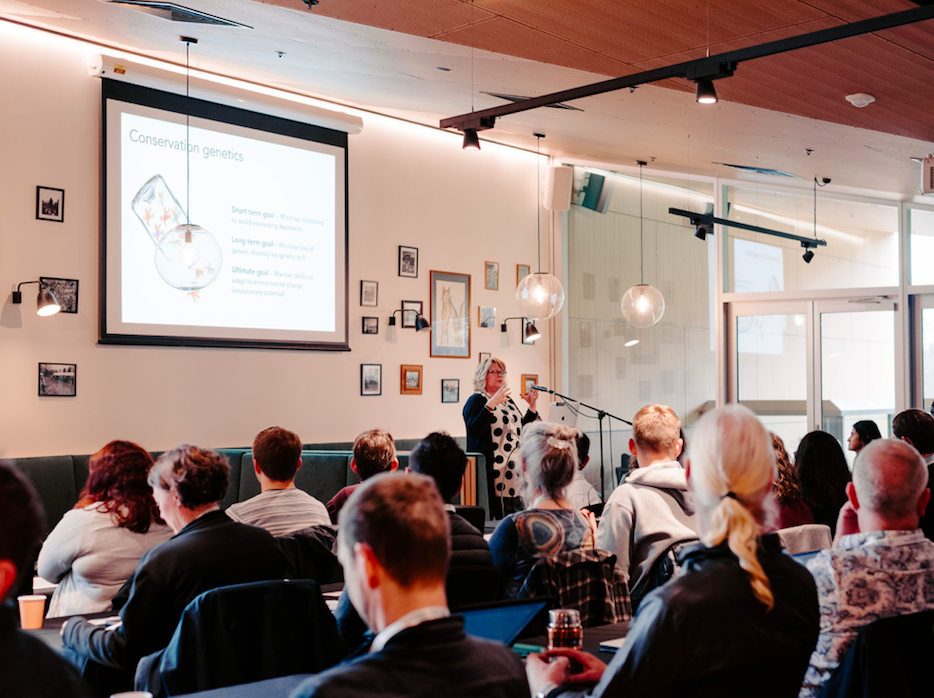Same Conference (Science Coding Conference), New Name (NZ Research Software Engineers Conference)
For the last four years, NeSI has hosted a successful and increasingly popular Science Coding Conference, initially with a strong programme focus on the Crown Research Institutes (CRIs) and their national organisation Science NZ. It would seem 2020 is a year of change, so along with hosting a free and online version of the conference this year, NeSI is also renaming it to be the NZ Research Software Engineers (RSE) Conference. Motivation for the change is two-fold:
- to include people from all research communities who work on the cusp of technical and research domains, and
- to more fully align with the goals of the Australia / New Zealand RSE community.

An evolving community
Within the research sector, there are a growing number of people who combine expertise in programming with an intricate understanding of research. Although this combination of skills is extremely valuable, these people lack a formal place in the academic system. This means there is no easy way to recognise their contribution, to reward them, or to represent their views.
As New Zealand's community of research software users and developers has steadily grown, a similar trend was happening globally, with more roles and growth of people at the intersection of software and research. Initiated in the UK, the RSE movement is now a global phenomena with many associations now set-up around the world. One such association was set up in 2019 for the Australasia region called RSE AU-NZ .
This association boasts a strong growing community of:
Researchers and academics who code
Generalists - who bring together the research and technical domains
Software engineers working in the research domain
System administrators working in the research domain
For the past four years, NeSI’s Science Coding Conference has been supporting a similar community to that noted above — scientific programmers, software engineers, developers, IT managers, coding enthusiasts, and big data analysts.
Broadening the conference audience
With the growth of digital technologies and tools used in research, the community of people attending NeSI's Science Coding Conference has grown year upon year. Alongside representation from CRIs, participation has expanded to include a growing level of attendance from universities and other research communities.
In 2019, the conference was hosted for the first time at a university campus — the University of Canterbury —and it was NeSI's largest event to date. In addition to hosting research disciplines regularly represented at past years' events — such as Engineering, Bioinformatics, and Environmental Science — the 2019 conference saw new participation from emerging computational disciplines such as Digital Humanities.
Supporting a diverse and inclusive community
"I acknowledge there are varying opinions on the name ‘Research Software Engineers’ and who that term represents. We've also had conversations at past Science Coding Conferences about what type of event format and focus is most valuable for attendees," says Nooriyah Lohani, NeSI's Research Communities Advisor, and Co-Chair of the RSE AU-NZ Steering Committee.
"Community members have told us they appreciate the technical nature of our programme, where presentations get into the details of implementation. They've also said they value being able to share lessons learned, benefits, and challenges of different approaches, practices, tools, and technologies. Lastly, it's one of the few opportunities for building collegiality and networking between people in similar technical or niche roles. With those considerations in mind, I see this re-branding as an opportunity to better recognise the diversity of skills, backgrounds, and expertise that can fall under the term 'Research Software Engineer', and to celebrate the valuable role these community members play in supporting research."
To summarise, this year NeSI will rebrand the Science Coding Conference to be called the NZ Research Software Engineer’s conference (NZ RSE). Same conference, new name!
The event website will be updated in the coming weeks to reflect the name change, and more details will be added for the planned online programme, scheduled for 9-11 September 2020. Prepare your topics and abstracts as submissions open on 08 June! To stay notified, join the mailing list for further event updates.






